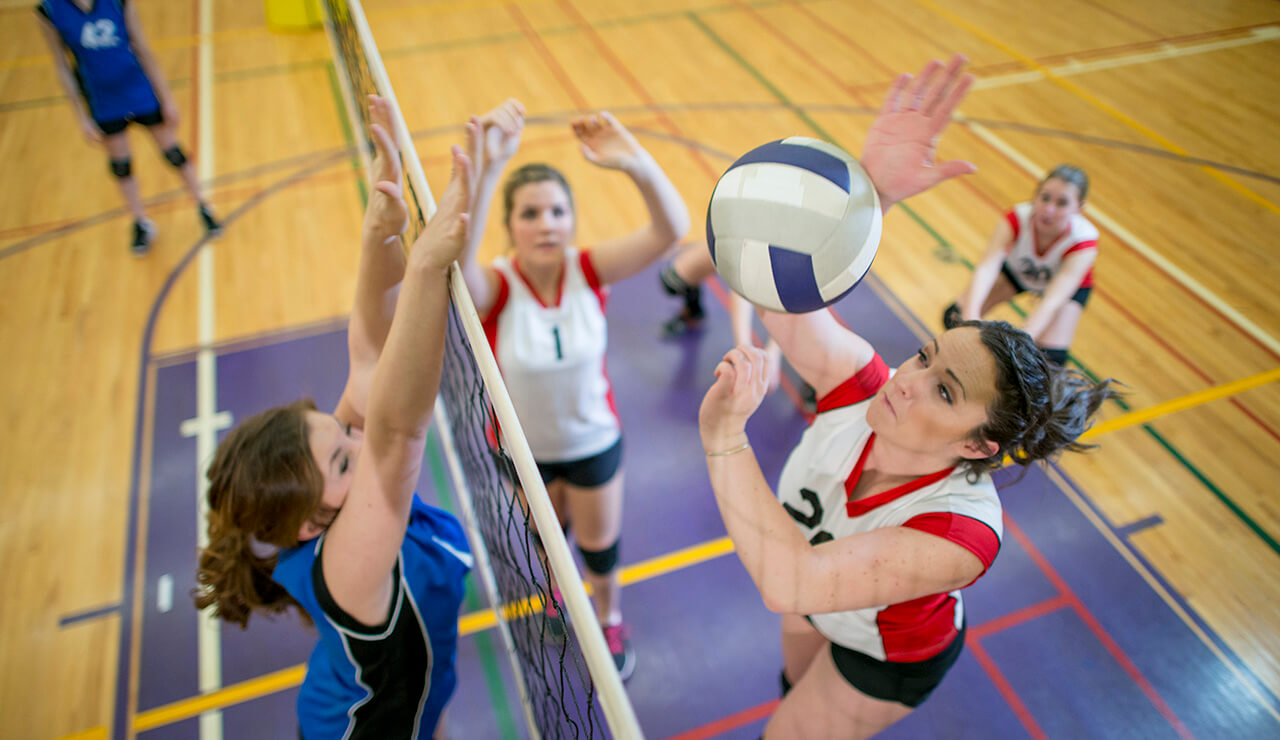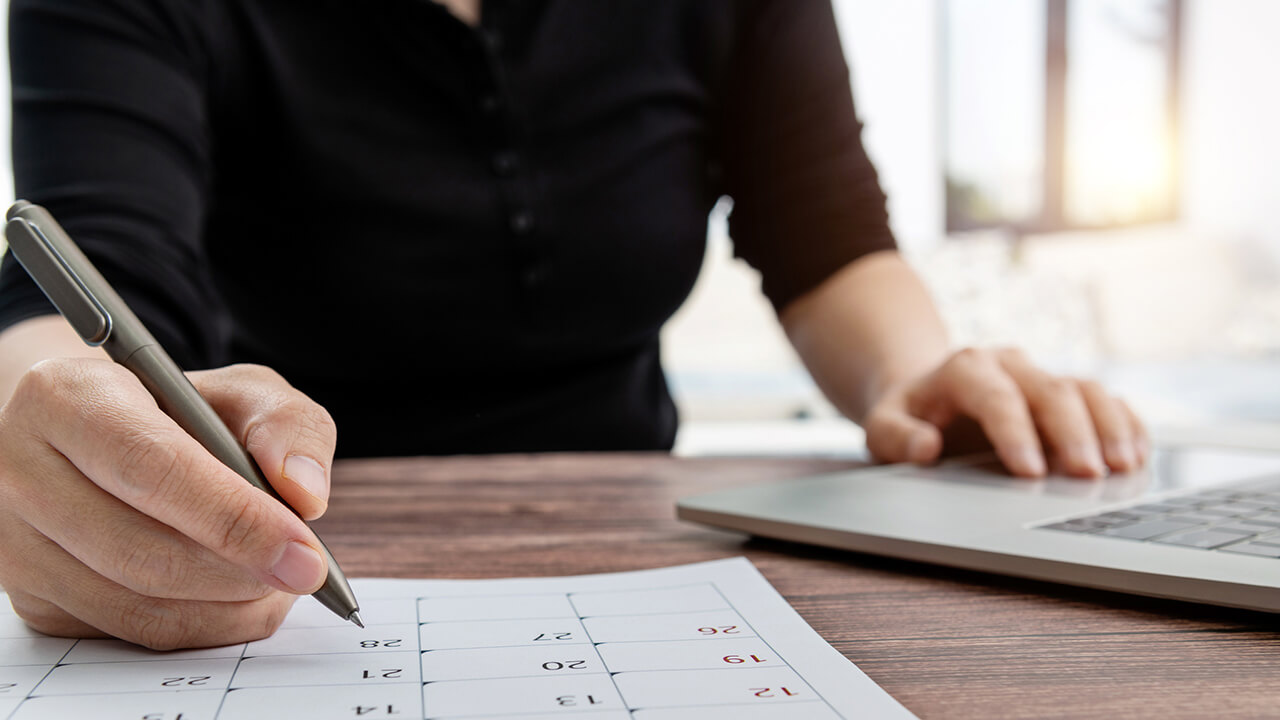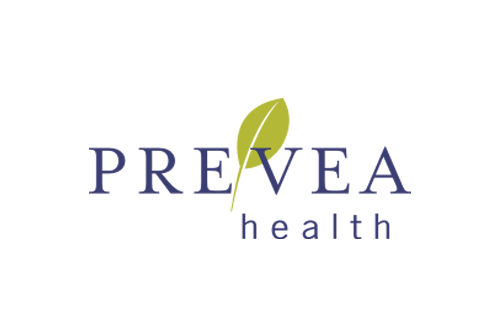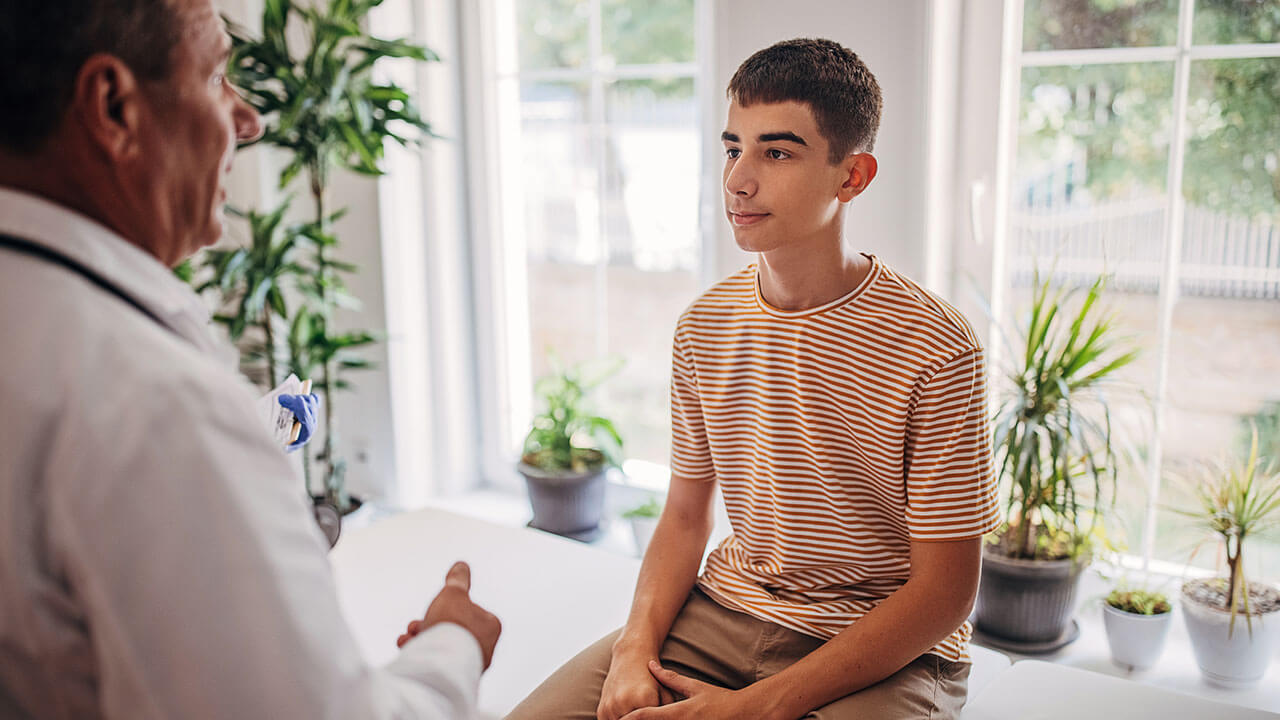Schedule an appointment with a primary care sports medicine physician. These physicians evaluate and coordinate a personalized treatment plan using their medical knowledge and expertise coupled with the use of ImPACT™, the industry-standard assessment technology, to help assess condition and recovery.
Concussion clinic
Prevea's concussion care team is here to support you with concussion care and symptom management.


Why choose Prevea Concussion Clinic for coordinated head injury treatment?
A fall or hit to the head can take an athlete out of the game or an employee out of work, but it may also lead to a concussion or other traumatic brain injury.
A concussion is a type of traumatic brain injury caused by a bump, jolt or blow to the head or by a hit to the body that causes the brain to move rapidly back and forth. This sudden movement can cause brain swelling and damage brain cells. An individual may not remember what happened when the injury occurred, may have lost consciousness after the injury or may have other signs and symptoms.
Signs and symptoms of a concussion
Symptoms are the same for adults and children
- Blurred vision or sensitivity to light
- Confusion
- Dizziness/vertigo
- Headache
- Loss of balance
- Mood swings, irritability or depression
- Nausea or vomiting
- Poor coordination
- Ringing in the ears
- Sleepiness or trouble falling asleep
- Slowed reaction times
- Slurred speech
- Trouble remembering
- Weakness
If you or a loved one suspects a concussion, it is extremely important to have someone monitor the symptoms closely. Any red flag symptoms such as slurred speech, vomiting (two or more times), changes in level of consciousness or uncontrolled headache should be evaluated immediately by calling 911 or going to the nearest hospital emergency room.
When recovering from a traumatic brain injury, it is important to take it slow and follow the guidance of medical providers and concussion experts. Returning to play, learn or work too quickly after a traumatic brain injury can lead to further brain damage and can be life threatening. When working with a specialized concussion care team, the providers will evaluate and guide the patient through the appropriate steps to safely return to their active lifestyle.
For concussion care and symptom management, schedule an appointment with a primary care sports medicine physician. These physicians evaluate and coordinate a personalized treatment plan using their medical knowledge and expertise coupled with the use of ImPACT™, the industry-standard assessment technology, to help assess condition and recovery. They are board-certified ImPact™ concussion consultants and leaders in their field.
Concussion care and symptom management
More services from Prevea Health
Oftentimes, individuals will suffer from ongoing symptoms from a concussion or head injury such as ringing in the ears, headaches/migraines, reading limitations and balance. Prevea’s specialty care providers can help!
Audiologists may also perform videonystamography (VNG) to evaluate if the inner ear is contributing to post-concussive symptoms of dizziness or imbalance.
Learn more
Learn more
Learn more
Individuals who have a hard time with their cognitive skills, such as thinking, reading, learning, remembering, reasoning and paying attention after a concussion or traumatic brain injury may benefit from a neuropsychological assessment. The assessment is both observational and digital and is used to help detect subtle cognitive deficits such as neurocognitive and neurobehavioral functioning, particularly with processing cognitive speed, attention, memory and emotional functioning.
Neuropsychological assessment can be useful to help determine duration of recovery from concussion and help clinicians make more accurate diagnostic and return-to-play, learn or work decisions. These assessments are a cornerstone of concussion management and endorsed by the Concussion in Sport (CIS) group at the International Symposia on Concussion in Sport and the National Athletic Trainers Association.
Learn more
Sensitivity to light (photophobia/photosensitivity) is a common symptom with concussions that can impact participation in sports, work, school and home life. The occupational therapist and Certified Low Vision Therapist can help patients with functional ease of use on their phone or computer and to manage their symptoms with functional indoor and outdoor light and glare assessments in order to determine the appropriate filter lens and frame.
Education on proper wear schedule of specific sunglasses is provided in order to mitigate symptoms and improve occupational performance and visual comfort in patients.
Learn more
Learn more
Learn more
More resources from Prevea Health

10 tips to being more organized with a brain injury

AlterG® Anti-gravity treadmill

Pre-concussion evaluation

Nutrition tips for post-concussion
Find a concussion expert
If you suspect a concussion or are dealing with post-concussion symptoms, contact us today for a complete diagnosis and treatment plan to help you get back to your everyday lifestyle.